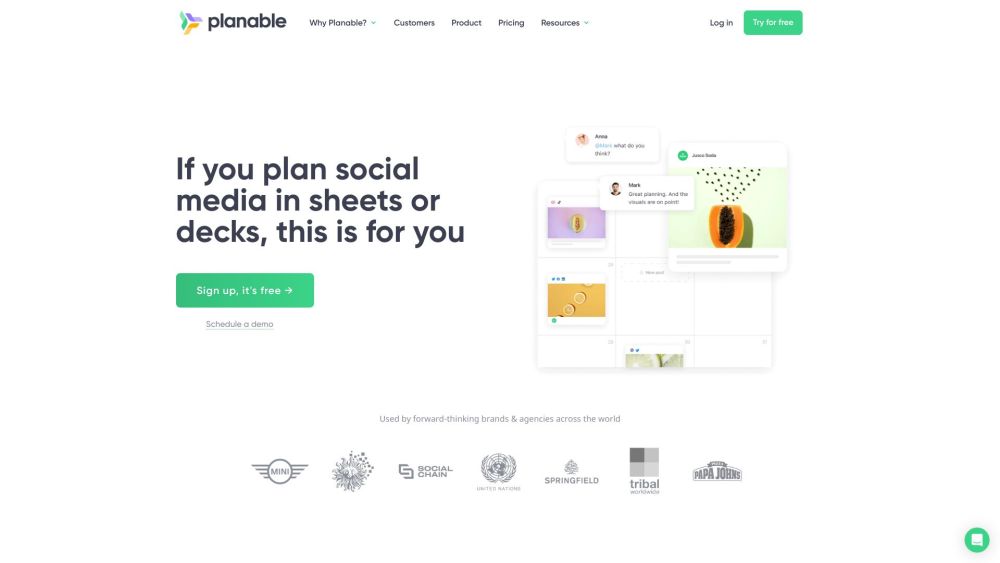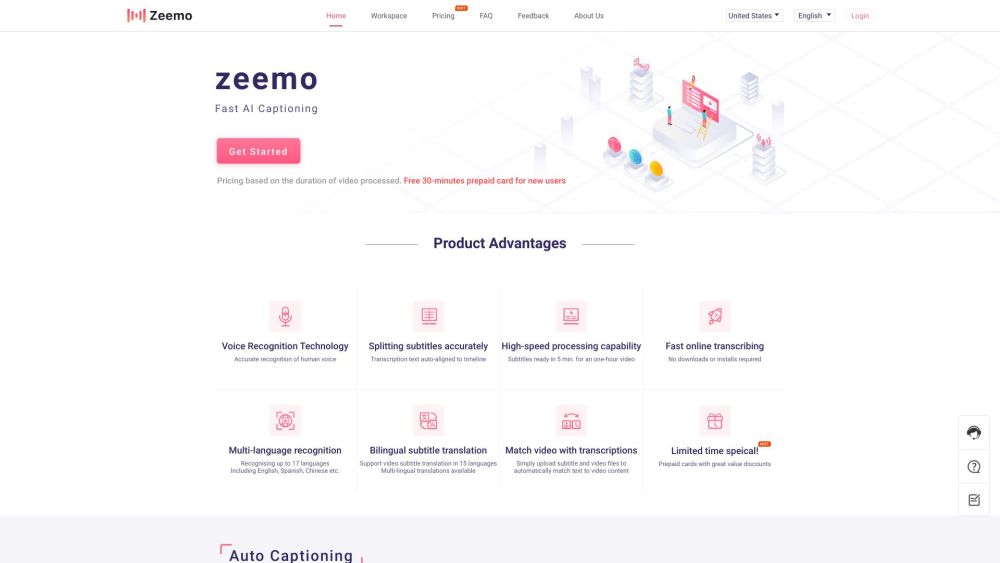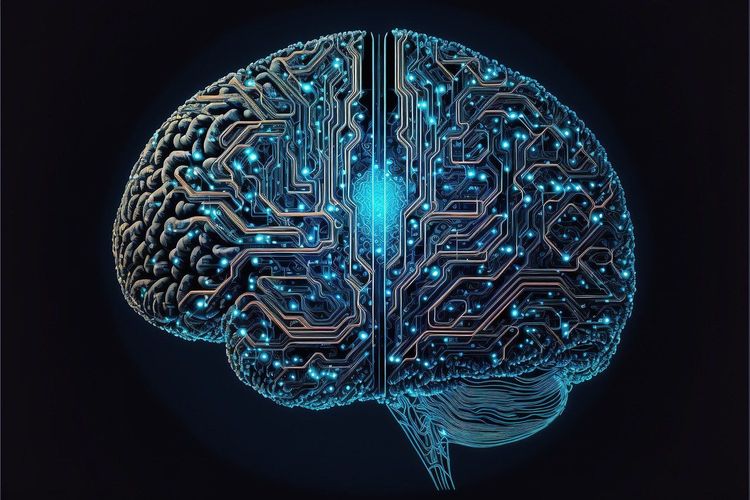Google's New Innovations: Enhancing Artificial Intelligence Technology
Most people like

Planable is an essential, free tool designed for marketers to effortlessly plan and schedule their social media posts. Whether you're managing one platform or multiple channels, Planable streamlines your social media strategy, allowing you to enhance engagement and optimize your content calendar with ease.

In today's fast-paced digital world, having a high-speed video converter is essential for anyone looking to enhance their multimedia experience. Whether you're a content creator, filmmaker, or casual user, this powerful tool allows you to convert and compress video files quickly, without compromising quality. Unlock new possibilities for editing, sharing, and enjoying your videos with the right high-speed converter at your fingertips.

Introducing Zeemo AI, a cutting-edge solution designed to transform your video content through precise and rapid audio-to-text transcription. Experience the power of seamless captioning that enhances accessibility and boosts engagement.

Discover the ultimate personalized AI music companion designed to enhance your listening experience. This innovative tool tailors music recommendations to your unique tastes, creating a custom soundtrack just for you. With advanced algorithms, it learns from your preferences and provides curated playlists that resonate with your mood, ensuring every note is perfectly suited to your vibe. Embrace the future of music with an AI companion that evolves alongside your musical journey, making every listening session uniquely yours.
Find AI tools in YBX


